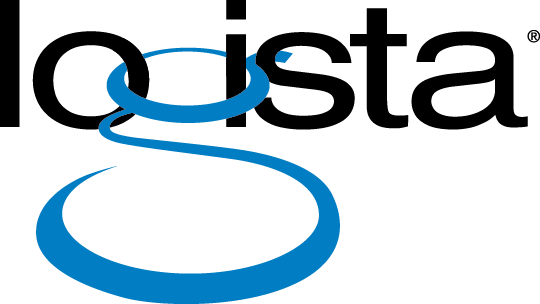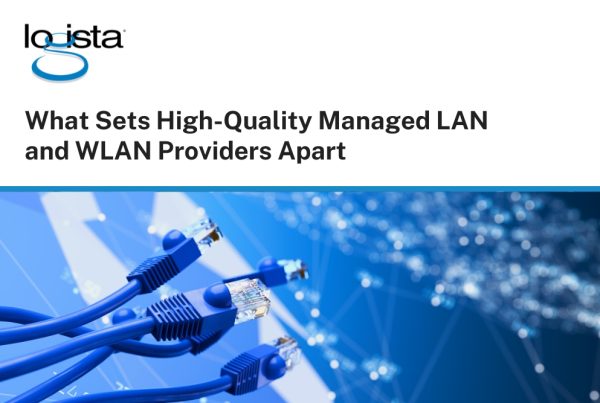In today’s digital world, every business needs IT support of some sort, either in-house or via a third party. The debate between opting for Managed IT Services or maintaining an in-house IT team is a common challenge that organizations encounter. Both options come with their own set of advantages and drawbacks, and it’s essential for businesses to carefully evaluate these aspects to make informed decisions.

Understanding Managed IT Services
Managed IT Services involve outsourcing IT support and management tasks to a specialized service provider. These services encompass a wide range of offerings, including infrastructure management, network security, cloud computing, data backup and recovery, and technical support.
Pros of Managed IT Services
One of the primary advantages of leveraging Managed IT Services is the cost-effectiveness it brings to businesses. By partnering with a provider, organizations can access a team of skilled professionals and advanced technological resources without the overhead expenses associated with maintaining an in-house IT department. This cost-efficient approach allows companies to allocate their resources strategically, focusing on core business operations and growth initiatives.
Moreover, Managed IT Services offer scalability and flexibility, making it easier for businesses to adapt to changing technology and industry demands. With access to a diverse set of expertise and round-the-clock support, organizations can enhance their operational efficiency and minimize downtime, ultimately leading to improved productivity and customer satisfaction.
Cons of Managed IT Services
While the benefits of Managed IT Services are substantial, there are also potential drawbacks to consider. One notable concern is the level of control and customization that businesses may relinquish when outsourcing their IT operations. Some organizations may find it challenging to align the outsourced services with their specific requirements or industry standards, potentially impacting their ability to tailor IT solutions to unique business needs.

Exploring In-House IT
Conversely, maintaining an in-house IT team involves directly employing and managing IT professionals within the organization. This approach provides businesses with a high degree of control over their IT operations and allows for more personalized and tailored solutions.
Pros of In-House Hiring
One key advantage of in-house IT hiring is the ability to closely align IT strategies with the overall business objectives and culture of the organization. This alignment fosters a deeper understanding of the company’s operational nuances and can lead to the development of highly customized IT solutions that cater specifically to the business’s requirements.
Additionally, having an in-house IT team can promote a strong sense of accountability and responsiveness, as the team members are directly integrated into the organizational structure. This can result in faster response times, streamlined communication, and a greater focus on internal knowledge transfer and collaboration.
Cons of In-House Hiring
However, maintaining an in-house IT team comes with its own set of challenges. The direct costs associated with recruiting, training, and retaining IT talent can be significant, particularly for small and medium-sized businesses. Furthermore, the rapid evolution of technology requires continuous upskilling and professional development, adding further complexity to the management of an in-house IT team.
Making Informed Decisions
The decision to opt for Managed IT Services or in-house hiring should be based on a thorough assessment of the organization’s specific needs, long-term goals, and budgetary considerations. Each approach offers unique benefits and trade-offs, and businesses need to weigh these factors carefully before determining the most suitable strategy for their IT management.
By evaluating the pros and cons of Managed IT Services and in-house hiring in the context of their business needs, organizations can make informed decisions that align with their overarching objectives and pave the way for sustainable growth and technological resilience.
About Logista Solutions
Logista Solutions is a nationally recognized leader in a broad range of technology management solutions. As one of the largest technology support providers in the U.S., Logista provides innovative and holistic solutions to help companies take control of their IT infrastructure and achieve better business outcomes. Popular services include Managed IT as a Service, VoIP and Unified Communications, Managed Print, Cloud Services and Asset Disposition.



